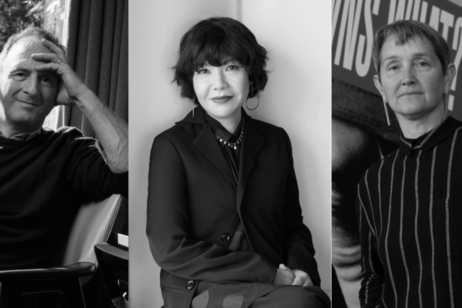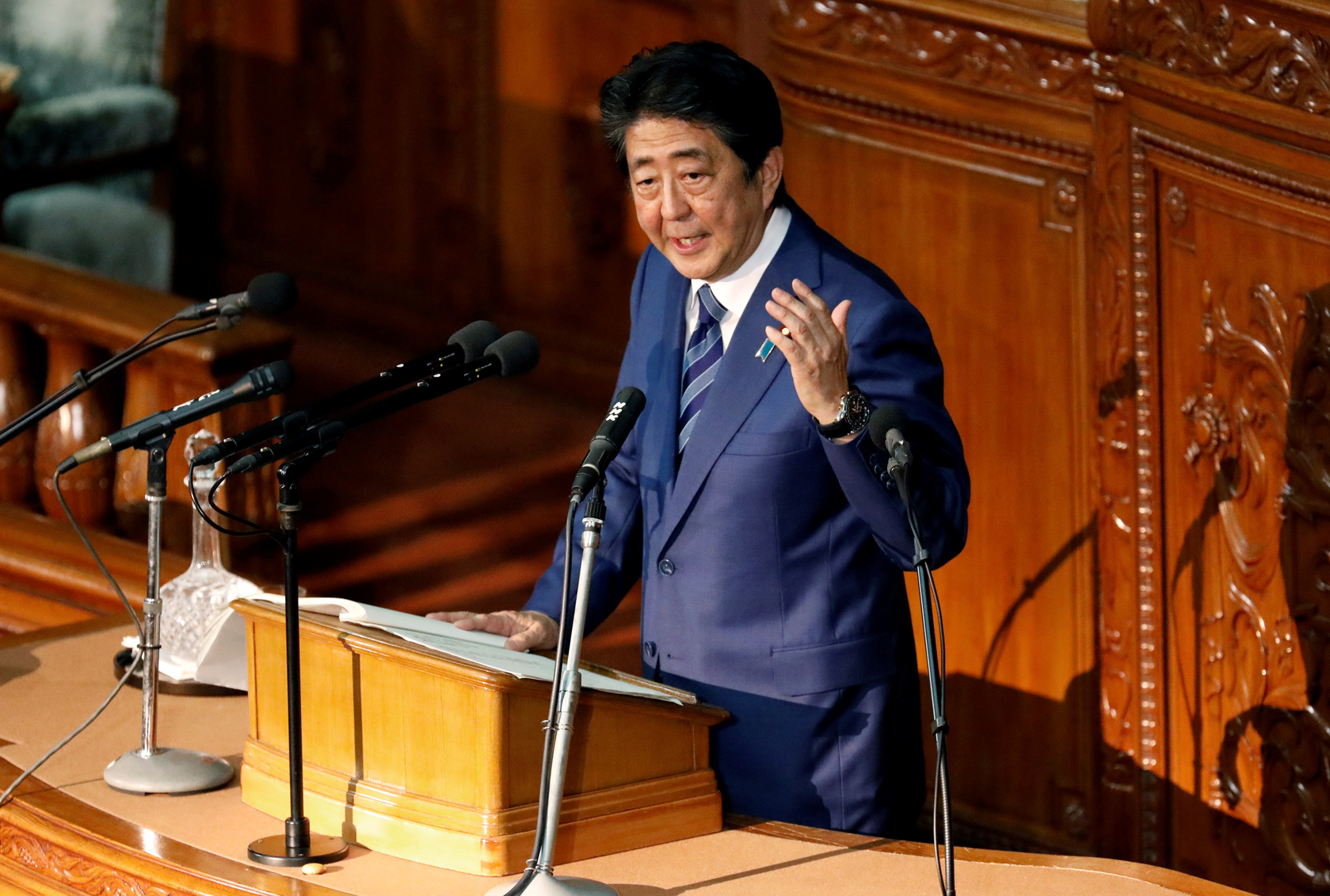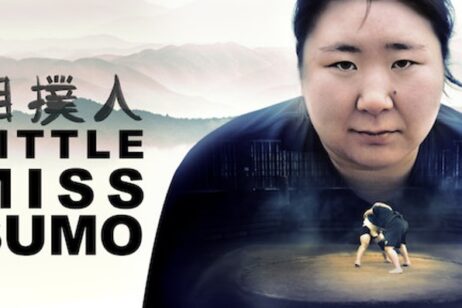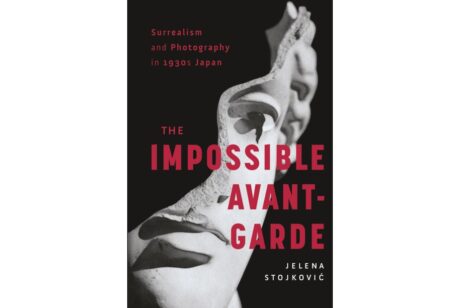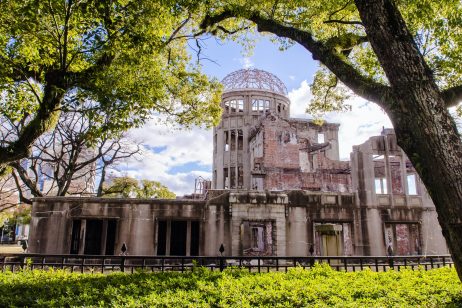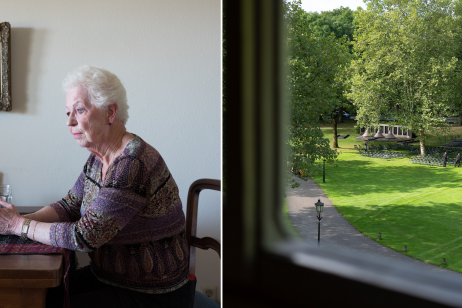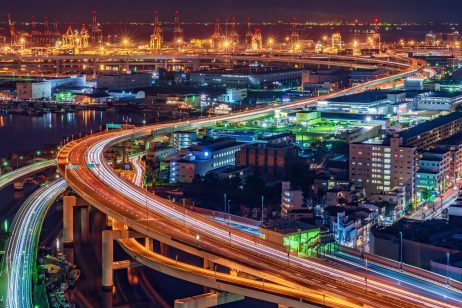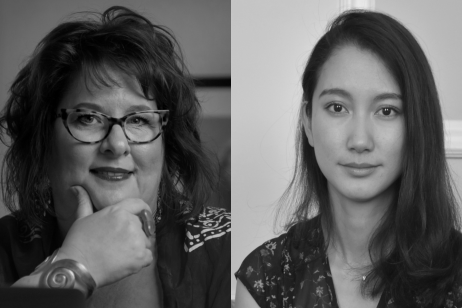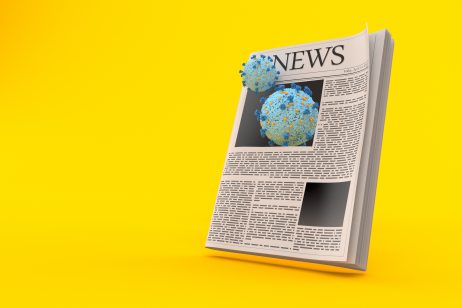14 October 2020
US Election: the Implications for Asia Policy
While there is a consensus in Washington on many key Asia policy issues, this year’s two U.S. presidential candidates see and approach the region, and the world, in starkly different ways. In this webinar, Sean King explored how various U.S. Asia policy positions might unfold as a result of either candidate’s victory, while Shihoko Goto then took a closer look at the potential Japan-specific ramifications of a second Trump term versus a Biden first term.
Fully bookedMore info

